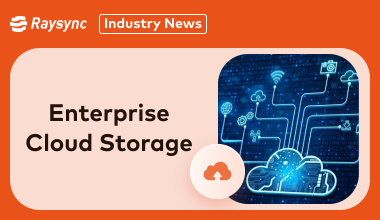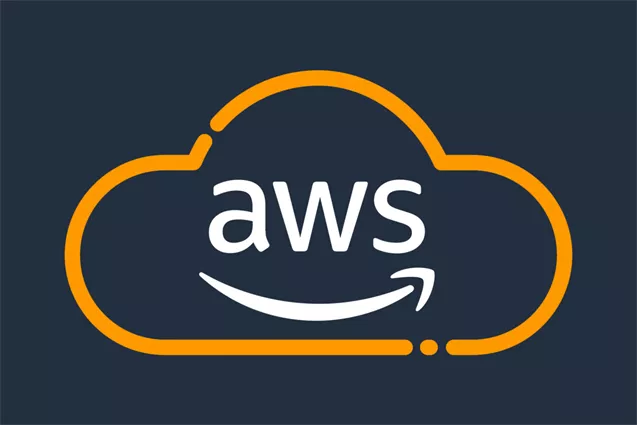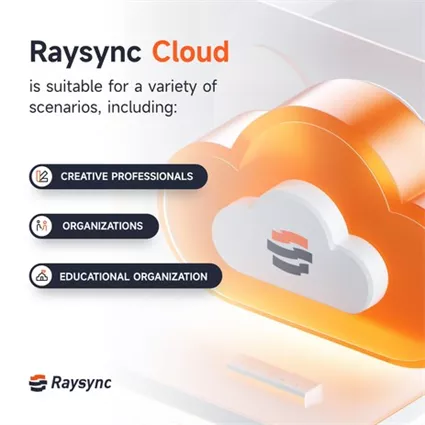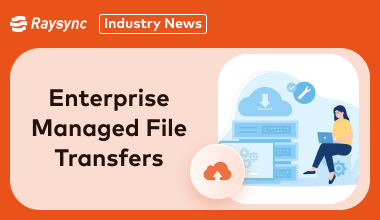Everything about Enterprise Cloud Storage [Latest Update]
September 19, 2024Enterprise cloud storage is a crucial component of modern businesses. It offers a scalable, secure, and accessible solution for storing and managing data. Gone are the days of bulky servers. With cloud storage, you can access your data anytime, anywhere.
This blog post will delve into everything you need to know about enterprise cloud data storage. We'll explore different types, discuss scalability, security, and pricing to help you find the ideal solution for your business.

What Is Enterprise Cloud Storage
Enterprise cloud storage refers to cloud-based solutions specifically designed to meet the data storage needs of large businesses. Unlike personal cloud storage options, which are designed for individual users, enterprise cloud storage solutions offer scalability, advanced security, and a range of features to help businesses manage massive amounts of data efficiently.
These solutions allow businesses to store data in a remote server managed by a third-party cloud provider. Companies can access, manage, and share their data from anywhere with an internet connection. This flexibility not only saves physical space but also cuts down on IT maintenance costs.
Enterprise cloud storage solutions also include features like disaster recovery, data backup, and encryption, making sure that the data is secure and protected. It’s an important part of modern businesses, allowing for collaboration across teams and locations, making it easier to access important information whenever it's needed.
Different Types of Enterprise Cloud Storage
Enterprise cloud storage solutions come in different forms, depending on the business's specific needs.
Here are the main types of enterprise cloud storage solutions:
- Public Cloud Storage: Data is stored in a shared environment managed by third-party providers, making it a cost-effective option with pay-as-you-go pricing models.
- Private Cloud Storage: This type is exclusive to a single organization, offering more control and great security, ideal for businesses that deal with sensitive data.
- Hybrid Cloud Storage: Combines both public and private cloud options, giving businesses the flexibility to store sensitive data on private servers while using public cloud services for less critical operations.
These types of enterprise cloud storage offer various advantages, allowing businesses to choose the best solution based on factors like cost, security needs, and scalability.
Top 3 Enterprise Cloud Storage Solutions Recommended
When it comes to enterprise cloud storage, choosing the right provider is super important for efficiency, scalability, and security. The right enterprise cloud data storage solution will make sure your business data is stored safely while offering easy access and management.
Let’s look at the top 3 enterprise cloud storage providers:
1. Amazon Web Services (AWS)
Amazon Web Services (AWS) is the giant in the enterprise cloud storage industry, offering a highly scalable and comprehensive suite of services.
Whether you’re a startup or an established enterprise, AWS provides everything you need to store, manage, and analyze your data.
Its popularity comes from its flexibility and extensive service offerings, allowing businesses to build cloud-based infrastructure customized to their exact needs.
AWS isn’t just about storage—it’s a complete ecosystem, from computing to machine learning.

Pros:
- Wide range of services beyond storage, including analytics and AI
- Global network for fast data access across regions
- Highly secure infrastructure with advanced encryption options
Cons:
- Pricing can be complex and may increase with additional services
- Steep learning curve for users unfamiliar with cloud infrastructure
- Free Trial Policy: AWS offers a 12-month free tier with limited services.
2. Raysync Cloud
Raysync Cloud is a rising star in the world of enterprise cloud storage, known for its ultra-fast data transfer capabilities.
If speed is a top priority for your business, Raysync Cloud offers high-speed transfers alongside secure and scalable cloud storage options.
It’s designed for enterprises that regularly handle large volumes of data and require quick, efficient enterprise cloud data storage for storage and transfers.
With advanced encryption and user-friendly interfaces, Raysync Cloud simplifies the complexity of data storage without compromising on security or performance.

Pros:
- Lightning-fast data transfers
- End-to-end encryption for enhanced security
- Simple interface that’s easy for businesses of all sizes to use
- Reliable performance even with large files and heavy data transfers
Cons:
- Slightly higher pricing for premium features compared to competitors
Free Trial Policy: Raysync offers a 14-day free trial with full access to its high-speed data transfer and storage features.
3. Google Cloud
Google Cloud is a versatile option that combines simplicity with powerful tools for enterprises. It offers a great range of cloud services, from basic storage to advanced data analytics and machine learning.
If your business relies heavily on Google Workspace or requires strong integration with AI-driven tools, Google Cloud is an excellent choice. Google Cloud’s global network, competitive pricing, and seamless integration with Google’s services make it a popular option.

Pros:
- Seamless integration with other Google services like Google Workspace
- Competitive pricing with a pay-as-you-go model
- Strong global infrastructure for quick access to data
Cons:
- Some advanced features may require a learning curve
- Fewer cloud regions compared to AWS, but still substantial
Free Trial Policy: Google Cloud’s enterprise cloud storage pricing offers a $300 credit for 90 days.
FAQS about Enterprise Cloud Storage
Before diving into enterprise cloud storage solutions, it’s important to understand the basics. Here are answers to some of the most common questions:
1. How Safe is Enterprise Cloud Storage?
Enterprise cloud storage is generally safe due to the encryption and security measures that providers put in place. Major cloud providers like Raysync uses advanced encryption, firewalls, and multi-factor authentication to keep your data safe from breaches or unauthorized access.
2. Which cloud is best for enterprise?
The best enterprise cloud storage solutions depend on the specific needs of the enterprise. If speed and security are top priorities, Raysync Cloud offers high-speed transfers and solid encryption. For extensive service offerings and scalability, AWS and Google Cloud are great options.
3. Which cloud is known as the enterprise cloud?
Many cloud services are designed for enterprises, but AWS is often referred to as the "enterprise cloud" due to its widespread use and scalability. However, enterprise cloud storage solutions like Raysync also offer enterprise-grade features ideal for large businesses.
The Bottom Line
Choosing the right enterprise cloud storage is crucial. AWS, Google Cloud, and Raysync offer different strengths. Raysync excels in speed and security. Evaluate your business needs to select the best provider. Your choice will impact data storage security, efficiency, and scalability.
You might also like

Industry news
June 13, 2024Discover the top 5 enterprise managed file transfer solutions. Compare features, pricing, and user reviews to find the best fit for your business needs.

Industry news
July 24, 2020In the Internet market, more and more enterprises realize that innovative software and mobile applications can be used to gain or maintain valuable competitive advantages, and enterprises must try to integrate "business" with IT departments.

Industry news
May 27, 2024In this article, we will be studying mft services and will give an insight to our readers about the best mft services that you can use.